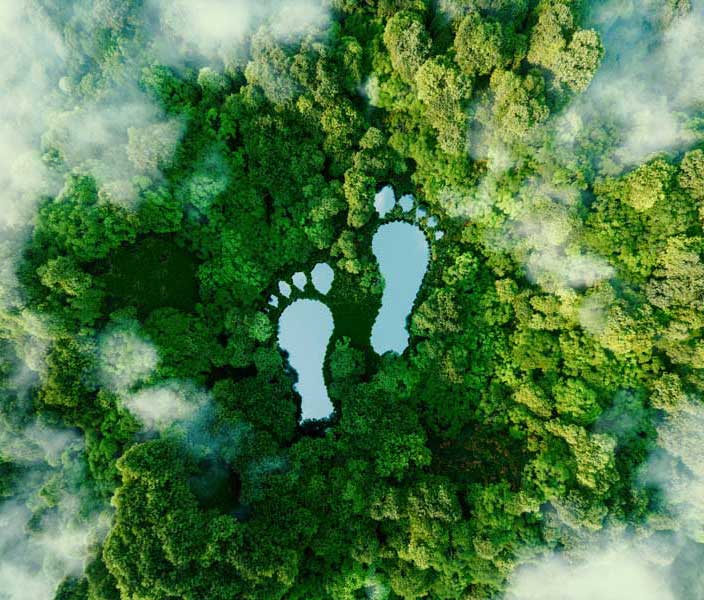Sustainability

Making the World a better place for all of us
Bradford Watts Ltd. driven by David Pitcher, our board level sustainability champion, recognise the urgency of the climate change agenda and the role we have to actively play in decarbonising the economy for a greener, more sustainable future. Our focus is on minimising the carbon emissions within our own operations and reducing the whole-life carbon of the buildings, infrastructure, and services we provide. This year we were pleased to announce our pledge to achieve a 50% reduction in our carbon emissions by 2030, and further, a net zero carbon across our own operations and all activities by 2045 at the latest.
To provide a clear route to reduce greenhouse gas emissions, we have committed to achieving realistic targets validated by the Science Based Targets initiative (SBTi).
Bradford Watts has partnered with Ecologi – a globally recognised and highly successful climate action tool as well as joining the SME climate hub UK – (businessclimatehub.org) and committed to the SME pledge.


Our Mission
Bradford Watts are focused on achieving a Business Ambition for 1.5°C to limit global warming to 1.5 degrees. To achieve this, we also utilise Greenhouse Gas Protocol standards, guidance, training, and calculation tools ghgprotocol.org
In 2022/2023, Bradford Watts is already making significant strides on its carbon reduction journey across its own operations. Bradford Watts also instigated voluntarily reporting of its direct greenhouse gas emissions in 2021 and, to complement our ISO 14001 standard, are working in accordance with, and towards verification of ISO 14064-1, an international standard for the reporting and removal of greenhouse gas emissions that contributes to the UN’s Sustainable Development Goals for Climate Action. Our success in significantly cutting emissions to date has been achieved through a focus on the areas that contribute to the majority of our own carbon emissions, including but not limited to:
Using renewable energy sources, where possible, for our main office and supporting electric vehicle use with provision of 3 charging points at the workplace.
Bradford Watts is confident about achieving Net Zero across its own operations by 2045 through further reduction measures, many of which are in accordance with the Construction Leadership Council’s CO2nstruct Zero priorities.
Climate Change
Bradford Watts are proud to have made this vital step on our carbon journey and continue to work tirelessly on delivering on our ambitions.
Bradford Watts in collaboration with Ecologi
• Mangrove planting in Marotaola, Madagascar (700 trees),
• Forest restoration in Kenya (275 trees),
• Reforestation in Changalane, Mozambique (25 trees).
Mangrove planting is especially important as Scientific studies have found that Mangroves sequester carbon 2 – 4 times greater than mature tropical forests and contain the highest carbon density of all terrestrial ecosystems. In recent years, vast areas of Madagascar’s original forests have been destroyed, displacing entire animal species, and diminishing local people’s ability to farm and live on the land. Entire mangrove estuaries are also gone, leaving the bare earth to wash away into the sea.
These mangrove forests are not only crucial carbon sinks, they also provide habitats for a wide range of marine species that live in the shallows, and provide vital coastal protection from floods and storms.
